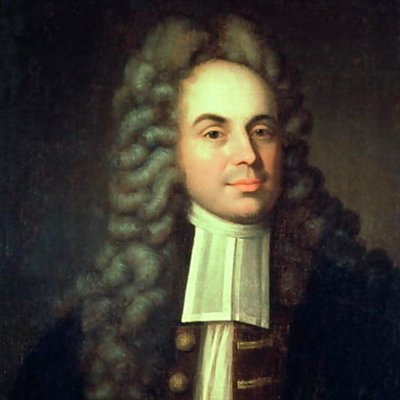Peter Zenger was the printer of the New-York Weekly Journal, a newspaper which published content that exposed the Governor at the time, William Cosby, as a corrupt and despicable individual. For this reason, Zenger was arrested and jailed on the notion that he was creating seditious libel, a treasonous act at the time. His subsequent trial would later become an important factor in shaping the foundation of the right to free speech in the Bill of Rights.
2.) What was the controversy over his charges?
The controversy over Zenger's charges was twofold. On one hand, Zenger was accused under British law of the crime of producing seditious libel, which could have easily caused rebellion against the governor to which the criticism was directed. However, in Zenger's defense, the statements he made that were defamation in the Governor's eyes were, in fact, true statements. Also, some colonists had doubts about how British law applied to the colonies, therefore increasing the level of controversy surrounding the case.
3.) What influence did his case have on American governmental traditions?
The Zenger case showed that truth is a viable defense against a libel charge. This conclusion contributed to the development of the idea of freedom of the press. The Zenger case also set a precedent for the jury's right to nullify a judges decision.
4.) What is the lasting significance of his trial?
The Zenger Trial left a lasting impact on the way Americans thought about truth versus offensive speech, opening a door to a new legal perspective for many. In addition, the trial reinforced the possibility for a jury to override the ruling of an executive power. Lastly, the findings of the case would engender the vital human right of free speech later captured in the Bill of Rights.


This reminds me of the Bill of Rights because it relates to the right of freedom of the press, which is expressed in the first amendment of the Bill of Rights.
No comments:
Post a Comment